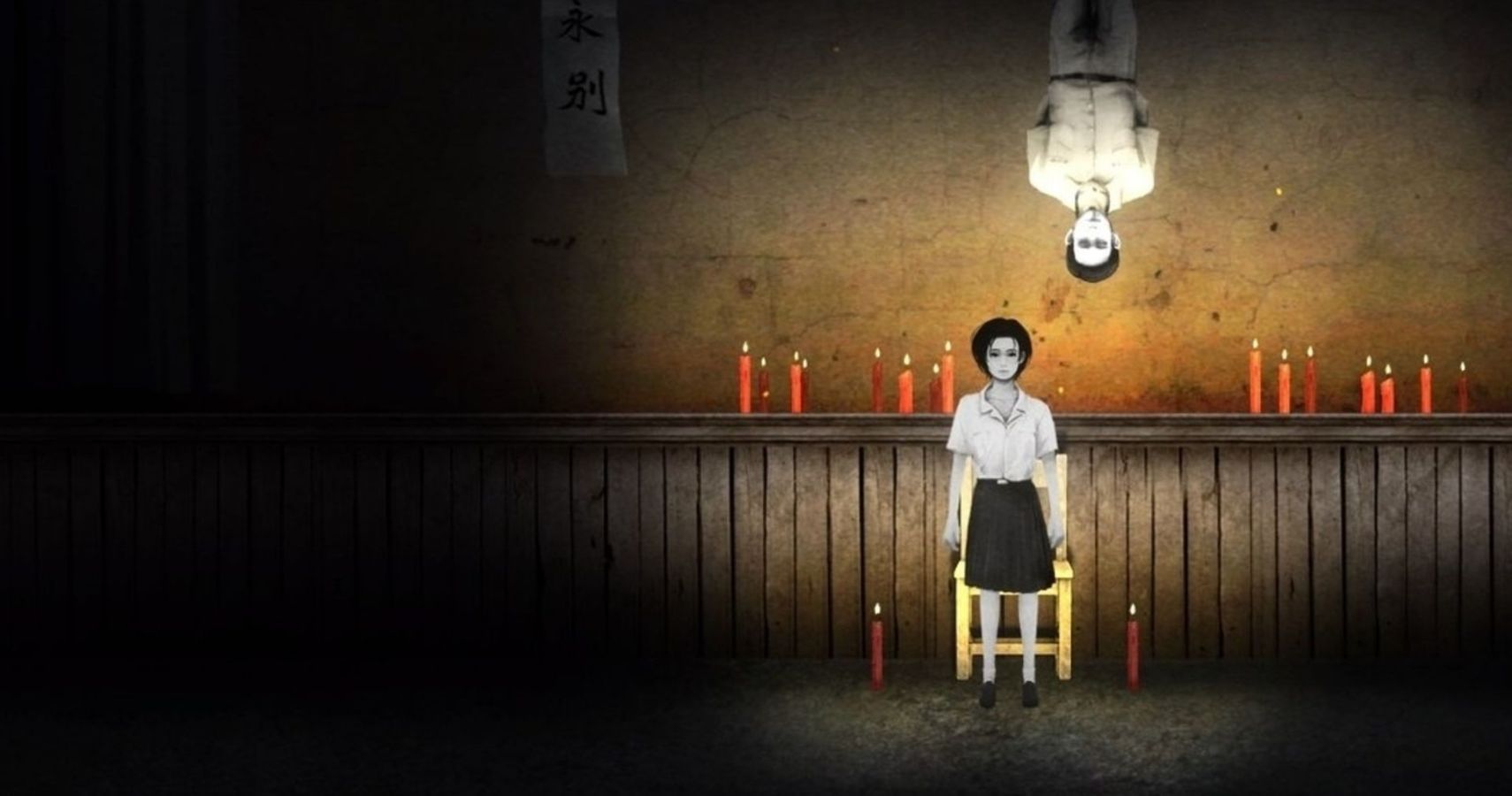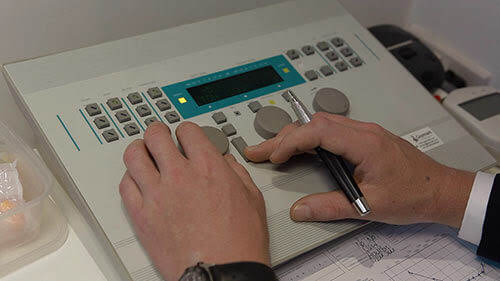New Jersey lawmakers recently enacted Criminal Justice Reform, also known as "Bail Reform," which replaced the monetary bail system with a risk assessment system. Under this new bail system, a bail review is held within 24 to 48 hours of an arrest, at which time a judge must decide to release a person on their own recognizance, release them subject to certain conditions, or detain the person until their case is resolved. Whereas a person was previously able to post bail and get out of jail pending their trial or plea agreement, this is no longer an option. In other words, if a judge decides to keep you in jail until your case is decided, they can elect to do so.
Usually, individuals charged with lesser offenses and non-violent crimes are released after processing at the police station. However, Bail Reform requires anyone arrested for domestic violencein New Jersey to be detained and to have a detention hearing. This applies to even minor domestic violence offenses, such as simple assault, harassment, and criminal mischief. Once you have been arrested and charged in federal court, one of your first priorities will be getting released from custody.
In practice, however, a number of considerations go into the federal magistrate judge's decision. You could be released on your own recognizance, released on bail, released with conditions, or a combination of the three. For the most severe cases, the prosecutor will move for a detention hearing.
When this happens, you need a high-quality federal criminal defense lawyer – and fast. You and your attorney will have limited time to rebut the government's case. Section makes clear that bail and other terms of pretrial release have no application regarding a probationer's custody pending the conduct and completion of a final probation violation hearing. Bail and other conditions of pretrial release, including pretrial detention based on "dangerousness," underG.L.
58and58A, have no legal or conceptual relevance to custody on an alleged probation violation. If the court finds probable cause for a probation violation, it may order the defendant into custody pending the final hearing on the violation. If the court does not find probable cause, the probationer cannot be held in custody on the alleged violation. Even if the probationer is held on the probation allegation, if he or she is also before the court on a new criminal charge, the court must address the terms of pretrial release. The prosecutor may want to be heard on the issue of bail or dangerousness because if the probation matter is promptly resolved, the defendant may be released from custody on the probation matter well before the criminal case is concluded.
Before deciding whether to detain the minor, the judge will ask for other parties' input, including the probation officer, the district attorney, the minor, the minor's parents, or the minor's counsel. An experienced attorney will seize every opportunity to convince the judge that the minor is not a danger to themselves or the community. An attorney will work to disregard any proof that indicates that the minor requires the detention.
If the judge feels that the minor does not fit in the category that requires custody, they may release the minor. The juvenile detention hearing is the initial stage in a juvenile court system. If the juvenile detention hearing's outcome is good, the other hearings might have a positive outcome. Detention hearings are often held at your arraignment in federal court; however, your federal defense attorney can seek a continuance; allowing you more time to prepare. Typically, the federal judge in your case will grant the request for continuance, but it will be reset within five days. The government may proceed by proffer, not present witnesses, i.e. tell the judge about the case and why you are a flight risk and/or danger to the community.
However, the prosecutor will typically have an agent available for cross examination by your Oklahoma federal criminal defense lawyer. The court gives the juvenile a notice of the date, venue, and time of the juvenile detention hearing. The minor can have a criminal defense attorney represent them at the hearing. However, if the minor commits a serious crime, the juvenile hearing may be similar to an adult trial open to the public. For instance, drug crimes, gun offenses, violent crimes, and sexual crimes may attract public attention.
However, an attorney can negotiate to have the juvenile court proceedings closed to the public to preserve the minor's privacy. A presumption exists you ARE a flight risk and/or a SAFETY THREAT, if you are charged with a drug offense or violent offense that carries more than ten years. The presumption is that no condition or conditions will ensure you appear for court or keep the community safe.
The presumption is "rebuttable", meaning you can overcome by effective presentation of a case for Pre-Trial release. It is almost certain the federal prosecutor will argue the presumption applies and you should not be released pre-trial. You can potentially win your detention hearing and your freedom while your federal prosecution is pending; through a convincing case for release, cross examination of the agents involved in your case, and argument. Additionally, your federal criminal defense lawyer can present a proffer or statement of what your case would be for release. The outcome of the hearing will determine whether you will remain in jail pending trial or be released so that you can assist in your defense in a meaningful way.
What Is A Detention Review Hearing You may be quickly rushed through processing at the police station, before spending a few hours or overnight in a jail cell until you are brought before the court for a detention hearing to determine whether you will be detained in jail during your criminal case. Although recent efforts have been made to expand the availability of pretrial release to defendants, your release is not guaranteed. Only by having a knowledgeable Mount Laurel detention hearing lawyer to defend your rights and interests can you give yourself the best chance at a favorable outcome to your detention hearing.
A first appearance hearing is conducted within 24 to 48 hours of the arrest. At the first appearance, the prosecutor must make a motion to detain the defendant. If there is no motion for detention filed, the judge can release the defendant subject to conditions recommended by pretrial services and the prosecutor. If a motion for detention is filed by the prosecutor, a detention hearing must be scheduled within 3 to 5 days.
The prosecutor has the burden to establish probable cause for the offenses and prove that no condition of release can reasonably assure the public's safety or that the defendant will appear in court. Home Supervision is a program that allows youth who would otherwise be detained in juvenile hall to remain in their homes, under the supervision of a deputy probation officer, probation aide, community worker, or probation volunteer. The purpose of Home Supervision is to make sure that the young person shows up at court hearings and probation appointments, and to make sure that the young person obeys the conditions of release and commits no public offenses.
The law requires that, "whenever possible," the young person must be assigned to a deputy probation officer, probation aide, community worker, or volunteer who resides in the "same community" as the minor. Probation aides and community workers may be compensated for their Home Supervision services, but do not qualify for peace officer status. The result of this procedure is that youth frequently spend several days in custody without any judicial review of Probation's decision to detain the youth. While state law permits this approach, it is in tension with the Supreme Court's holding, under the Fourth Amendment to the U.S. Constitution, that a judicial officer must make a determination of probable cause on all detentions no later than 48 hours after a warrantless arrest.
If a county delays its detention hearings until after the District Attorney's office files a delinquency petition, it will need an additional procedure for judicial review of probable cause in order to ensure that this review takes place within the constitutionally required time period. This is significantly different than a bond hearing that an adult undergoes. There are specific factors the juvenile judges and probation officers consider before releasing the juvenile from a detention center pending trial. You need an experienced defense lawyer who practices regularly before the juvenile court that can present those relevant factors to the court. We will work closely with you to develop a game plan for the detention hearing and present those specific factors to the court that will convince the judge to release your child.
The judge will consider whether a child is likely to escape after their release from custody. The juvenile court might be reluctant to release a minor if a child has a history of escaping from a juvenile detention facility. The juvenile detention hearing is similar to the bail system in the adult justice system. The judge considers the defendant's likelihood to appear in future court trials after release from custody. The minor's attorney will strive to prove that it is possible to rehabilitate the minor successfully and that the child is not likely to escape.
The automated pretrial risk-assessment process is initiated by police after the defendant's fingerprints have been taken by Live Scan at a police station. A preliminary public safety assessment ("Prelim-PSA") is made available to police and prosecutors before the complaint-summons versus complaint-warrant decision is made. If a complaint-warrant is approved by a judge or other judicial officer, the risk assessment process will be completed by the pretrial services program while the defendant is detained for up to 48 hours at the county jail.
In Federal court, a defendant cannot pay a bond to be released from custody. Instead, the court will either release him without paying any money or refuse to release him under any circumstances. Within 48 hours of being served with a federal arrest warrant, a defendant will be taken before a federal magistrate judge for a first appearance. At this hearing, the judge will usually appoint an attorney to represent the defendant at the detention hearing. The defendant should begin hiring his criminal defense attorney immediately.
The court or referee must make the finding within 48 hours, including weekends and holidays, of the time the child was taken into custody. The court or referee may make the finding on any reasonably reliable information without regard to admissibility of that information under the Texas Rules of Evidence. A finding of probable cause is required to detain a child after the 48th hour after the time the child was taken into custody. If a court or referee finds probable cause, additional findings of probable cause are not required in the same cause to authorize further detention. Probation detention hearings shall be conducted in a courtroom on the record.
Following service of notice, as provided in Rule 5, and the appointment of counsel, the appearance of private counsel, or the knowing and voluntary waiver of the right to counsel, the probationer shall be allowed a reasonable time to prepare for the hearing. At the hearing, the probation officer shall be required to present evidence to support a finding of probable cause. The District Attorney may assist in the presentation of such evidence.
Testimony, including testimony of a probation officer, shall be taken under oath. The court shall admit such evidence as it deems relevant and appropriate. The scope of the inquiry shall be limited to the issue of whether there is probable cause to believe that the alleged violation of probation has occurred. The program of restitution must promote the rehabilitation of the child, be appropriate to the age and physical, emotional, and mental abilities of the child, and not conflict with the child's schooling. When practicable and subject to court supervision, the court may approve a restitution program based on a settlement between the child and the victim of the offense. If you are detained or arrested on a warrant, you will be evaluated by a screening team which will make recommendations to the juvenile court concerning whether you should be released or admitted to a detention or shelter facility.
At that point, you may be released to your parent or detained at the juvenile detention center. Within 48 hours after being detained, you must appear in court for a detention hearing and the Judge will decide whether you are released under a safety plan or will remain detained in the detention center. A lawyer will be present with you to advocate for your expressed interests. Your next court date will be similar to a juvenile brought to court by summons or notice, except the District Attorney may file formal charges.
Is the first hearing you will have if you've been arrested on a federal indictment or on federal charges. At a federal detention hearing, the magistrate judge will determine whether you should be released while your case is going on. The court will look at certain factors like your prior record, whether or not you're a risk of flight, whether or not you're a danger to the community. It's important that you speak to an attorney as soon as possible, because the detention hearing will happen, usually within a day or two of your arrest, so don't wait to go to the detention hearing without a lawyer. When you are facing criminal charges in New Jersey, you need to hire a qualified and experienced criminal defense attorney.
An experienced NJ defense attorney can play a critical role when you are facing any criminal charge. I am a board-certified criminal trial by the New Jersey Supreme Court. I handle countless criminal charges throughout the State of New Jersey on a daily basis, including pretrial detention hearings. I offer a free 30-minute strategy session to any potential client who is facing criminal charges or questions for a family member or loved one's criminal case in New Jersey.
Because California law allows detention hearings to be conducted several days after arrest, there is tension between state law and the federal constitutional requirement that a court must review an arrest within 48 hours. Under the Fourth Amendment, an arrest must be supported by evidence amounting to "probable cause" to believe that the person committed the offense charged. If a county does not have separate procedures for reviewing probable cause prior to the detention hearing, it is likely that the county is routinely violating this constitutional requirement. As a parent or a guardian, you may be angry or disappointed at your child, and you may want the juvenile court to teach them a lesson. For instance, you might think it is appropriate for a minor to remain at the juvenile hall. However, it is essential to understand that the living conditions in a juvenile hall are not pleasant.
Your child will stay with other offenders, some of which might be older, and some may have committed serious offenses. It might take weeks or even months before your child is granted freedom from the juvenile hall. Therefore, parents and guardians need to be cautious when contributing or giving their testimony during the juvenile detention hearing.
It is crucial to have an attorney guide you on what to say to avoid messing up the detention hearing outcome. Unlike in adult criminal cases, there is no bail in juvenile offenses in California. After a juvenile arrest and placement in custody, a minor is subject to a detention hearing. The purpose of the juvenile detention hearing is to determine whether a child should remain in custody awaiting the outcome of their case. If a minor faces criminal charges, it is crucial to ensure that they seek legal representation at every legal process stage, including the detention hearing.
If a juvenile loses the detention hearing, they must remain at the juvenile hall until their case is resolved. If you need legal representation during a detention hearing in Van Nuys, California, Leah Legal can help. After being arrested for domestic violence, you will be taken to the police station and fingerprinted and processed. After that, you will be taken to the County jail where you will remain until your first bail hearing. Second, if you are not released, it means that the prosecutor is filing a motion for your detention and they want the Judge to hold you at the jail while the case is going in.
If the prosecutor files a motion for detention, that detention hearing will usually be scheduled within 5 days after your first bail review hearing. Unfortunately, if the prosecutor moves for detention there is nothing the Judge or your attorney can do about it until the detention hearing is held. If a juvenile (a child between the ages of 10-16) is arrested, that person is taken to a juvenile detention center instead of jail.
There is no amount of money a parent can pay to get their child out of detention. This article will explain what detention hearings are, why you need an attorney, and what happens during those hearings. When the court does not find probable cause, the court must exercise its discretion whether to terminate proceedings or to schedule a probation violation hearing nonetheless. Because of the need for dispatch in conducting a detention hearing, the absence of evidence, witnesses, or assistance from the District Attorney may result in the probationer officer's being unable to establish probable cause for the. Purpose of detention but still having a reasonable prospect of proving the probation violation at a full hearing. The court will decide whether further proceedings are in the interests of justice, but in no event may the probationer be held or subject to conditions of release on the probation matter pending a probation violation hearing.





















